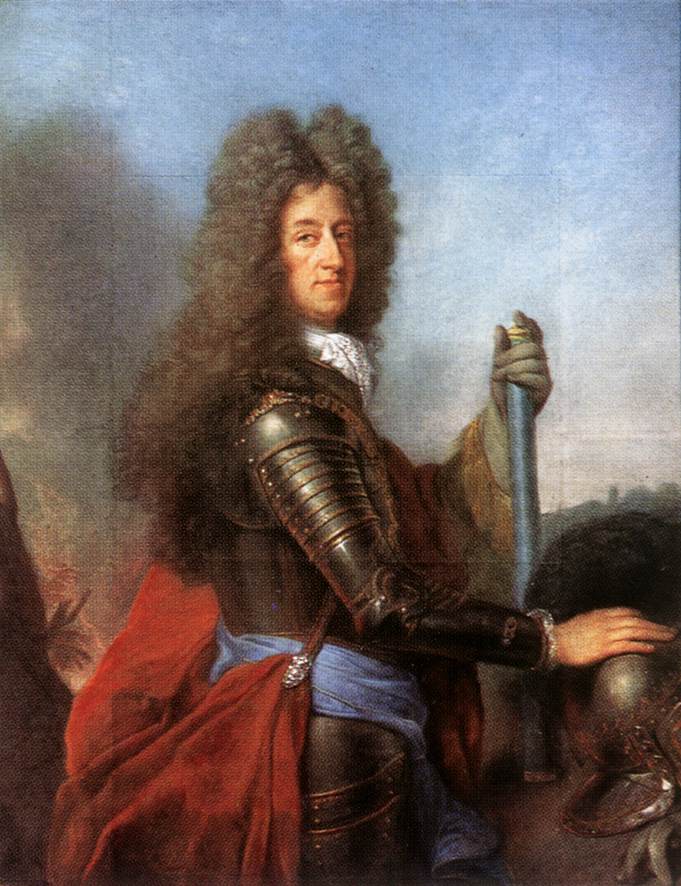|
Dukes Of Leuchtenberg
Duke of Leuchtenberg was a title created twice by the monarchs of Bavaria for their relatives. The first creation was awarded by Maximilian I, Elector of Bavaria to his son Maximilian Philipp Hieronymus, upon whose death without children the lands passed back to his nephew Elector Maximilian II. It was re-created by Maximilian I Joseph, King of Bavaria on 14 November 1817 and awarded to his son-in-law, Eugène de Beauharnais, styled ''Royal Highness'' by personal grant, and with the style ''Serene Highness'' for his agnatic descendants. Eugène was the adopted stepson of the deposed Emperor Napoleon I of France, and had previously held the title of French prince (''Prince français'') with the style ''Imperial Highness.'' He also had been the emperor's heir in Frankfurt and briefly in Italy. King Maximilian Joseph compensated his son-in-law after he lost his other titles and named him heir to the kingdom after the male-line descendants of the royal house and next in precedence af ... [...More Info...] [...Related Items...] OR: [Wikipedia] [Google] [Baidu] |
Alexander III Of Russia
Alexander III ( rus, Алекса́ндр III Алекса́ндрович, r=Aleksandr III Aleksandrovich; 10 March 18451 November 1894) was Emperor of Russia, King of Poland and Grand Duke of Finland from 13 March 1881 until his death in 1894. He was highly reactionary and reversed some of the liberal reforms of his father, Alexander II. This policy is known in Russia as "counter-reforms" ( rus, контрреформы). Under the influence of Konstantin Pobedonostsev (1827–1907), he opposed any reform that limited his autocratic rule. During his reign, Russia fought no major wars; he was therefore styled "The Peacemaker" ( rus, Миротворец, Mirotvorets, p=mʲɪrɐˈtvorʲɪt͡s). It was he who helped forge the Russo-French Alliance. Personality Grand Duke Alexander Alexandrovich was born on 10 March 1845 at the Winter Palace in Saint Petersburg, Russian Empire, the second son and third child of Tsesarevich Alexander (Future Alexander II) and his first wife ... [...More Info...] [...Related Items...] OR: [Wikipedia] [Google] [Baidu] |
Archduchess Maria Anna Of Austria (1610–1665)
Archduchess Maria Anna of Austria (German: ''Maria Anna von Habsburg, Erzherzogin von Österreich'', also known as ''Maria Anna von Bayern'' or ''Maria-Anna, Kurfürstin von Bayern''; 13 January 1610 – 25 September 1665), was a German regent, Electress of Bavaria by marriage to Maximilian I, Elector of Bavaria, and co-regent of the Electorate of Bavaria during the minority of her son Ferdinand Maria, Elector of Bavaria from 1651 to 1654. Life Archduchess of Austria Born in Graz, she was the fifth child and second, but oldest surviving, daughter of Archduke Ferdinand of Inner Austria by his first wife Maria Anna, a daughter of William V, Duke of Bavaria. She was probably named after her mother, who died in 1616. Maria Anna, who had a particular fondness for hunting, received a strict Jesuit upbringingFriedrich Anton Wilhelm Schreiber: ''Maximilian I. der Katholische, Kurfürst von Bayern und der dreißigjährige Krieg'', Fleischmann, 1868, p. 707. and was considered a grea ... [...More Info...] [...Related Items...] OR: [Wikipedia] [Google] [Baidu] |
Electorate Of Bavaria
The Electorate of Bavaria (german: Kurfürstentum Bayern) was an independent hereditary electorate of the Holy Roman Empire from 1623 to 1806, when it was succeeded by the Kingdom of Bavaria. The Wittelsbach dynasty which ruled the Duchy of Bavaria was the younger branch of the family which also ruled the Electorate of the Palatinate. The head of the elder branch was one of the seven prince-electors of the Holy Roman Empire according to the Golden Bull of 1356, but Bavaria was excluded from the electoral dignity. In 1621, the Elector Palatine Frederick V was put under the imperial ban for his role in the Bohemian Revolt against Emperor Ferdinand II, and the electoral dignity and territory of the Upper Palatinate was conferred upon his loyal cousin, Duke Maximilian I of Bavaria. Although the Peace of Westphalia would create a new electoral title for Frederick V's son, with the exception of a brief period during the War of the Spanish Succession, Maximilian's descendants wou ... [...More Info...] [...Related Items...] OR: [Wikipedia] [Google] [Baidu] |

